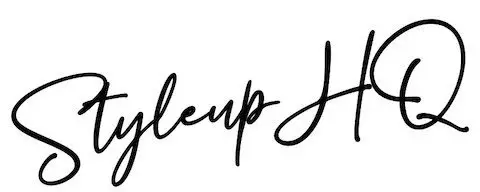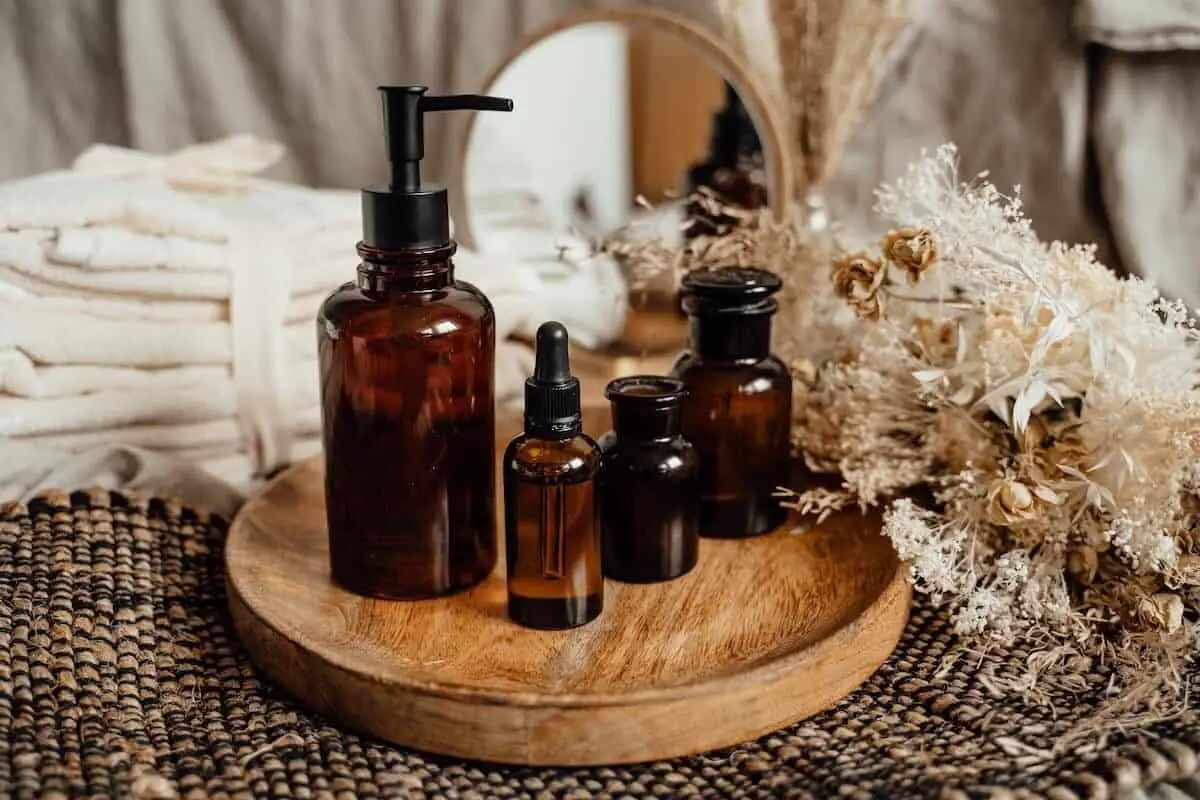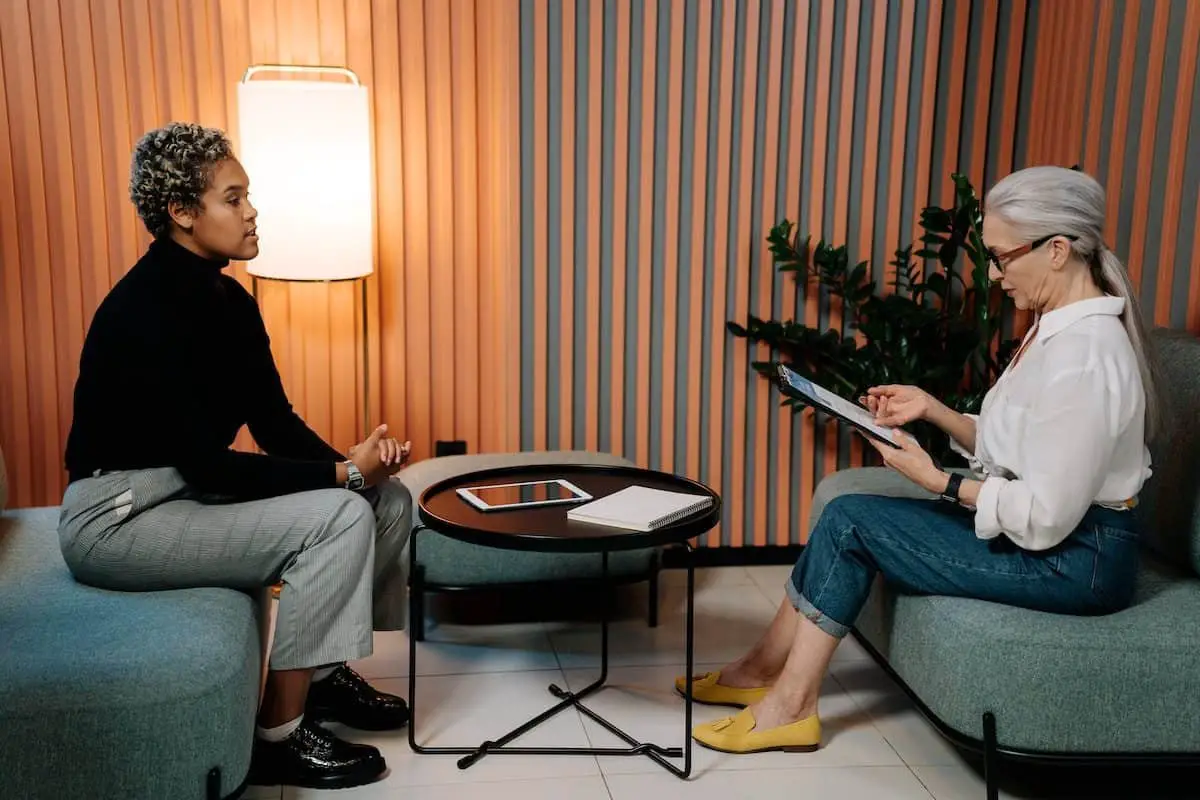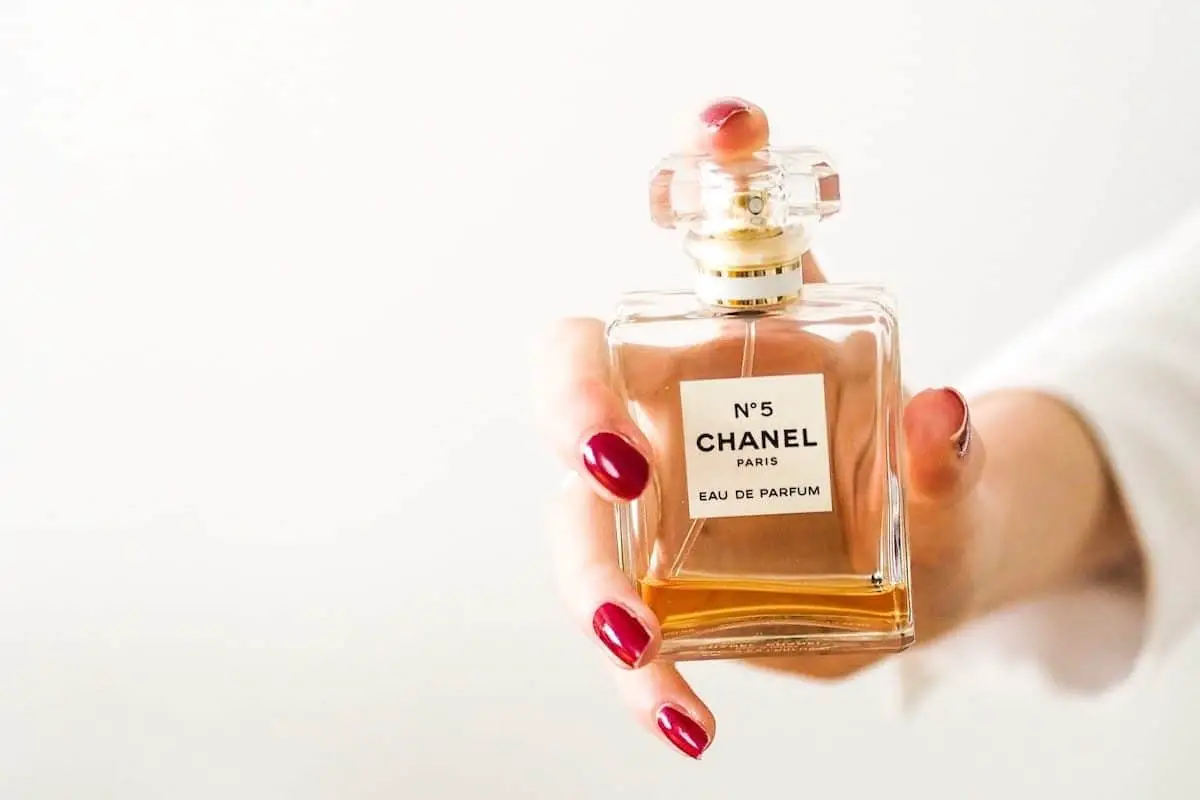Why Does Perfume Change Color? [Here’s What You Should Know!]
Have you ever noticed your beautiful golden-hued perfume change color? I have! It was a delicious straw-golden and then it started darkening. It became oily! Initially, I wondered if it was a fake, and then as I researched a bit more and since then the subject has actually quite amused me. Let me share with you what I learned!
There are three primary reasons why perfume changes color: photochemistry of the fragrance ingredients due to the interaction with light, extreme changes in temperature, and exposure to air. Fragrance molecules begin to oxidize, dilute and even discolor over time due to these three factors.
Exposure to UV rays and extreme heat (~45.0 ± 2.0°C) can cause perfume to break down and change its color composition. Even interaction with oxygen triggers the release of these highly volatile fragrance molecules. These molecules instantly begin to oxidize, diluting and discoloring the scent over time.
In this article, I’ll not only share with you more details about these factors, but I will also provide you with tips on what you can do to keep your perfume safe! So, let’s get to it!
Factors that Influence Perfume Color
As mentioned above, there are 3 key reasons for perfume to change color. Let’s take a look at each of the factors in detail below –
1. Change of Perfume Color Due To Biosynthesis:
Light – whether it is ambient, sunlight or ultraviolet – will trigger a photochemical reaction in highly volatile compounds such as fragrances.
If you think of it, it is quite natural. For example, flowers have a distinct scent and color to attract the right type of birds and bees for them to pollinate. As light interacts with the flower, it kickstarts a natural metabolic phenomenon natural metabolic phenomena – biosynthesis. This photochemistry gives it the color and fragrance that it has. And these reactions have taken millennia to perfect in the natural world!
If we delve deeper, as per The Chemistry of Fragrances issued by the Royal Society of Chemistry, UK: There are certain types of secondary metabolites created (such as certain types of terpenoids, shikimic acid derivatives, and polyketides) due to the chemical reaction of the flowers to light. These secondary metabolites are what are usually used in natural perfume ingredients.
The interaction of these natural ingredients with sunlight and other UV rays leads to changes in color inside the bottle after the manufacturing process as well. It does not necessarily spoil the scent, but with natural oils make them smell even stronger!
Interestingly, chemists have been trying to interfere with this natural color of flowers by molecular breeding for color, flavor, and fragrance. In recent times, scientists Dudareva and Pichersky have also presented an alternative approach to the olfactory enhancement of flower fragrance.
They have determined that fragrance is affected by the modulation of anthocyanin biosynthesis. Essentially, we are seeing chemistry trying to genetically modify and/or clone nature’s fragrances for larger production volumes.
2. Extreme Temperature Changes Impacts Perfume
Heat is a big spoil sport when it comes to perfume. Due to the heat the covalent bonds of perfume ingredients disintegrate, which means that it will start degrading in quality. It may smell ‘off’ and start to discolor.
The thumb rule is: Higher the heat, faster the oxidation process and, therefore, faster the discoloring of perfume.
In fact, a study was published by C S Cortez‐Pereira on fragrance technology where they subjected aromatic formulations to low temperature (4.0 ± 2.0°C), at room temperature (22.0 ± 2.0°C), and in an oven (45.0 ± 2.0°C). It was observed that the organoleptic properties of the fragrance degraded quickly when kept in extreme heat.
Hence, it is recommended that to best preserve the integrity of perfume you must store them at consistent temperatures in a cool, dry and dark cabinet.
Pro-tip!
To maintain temperature changes, I recommend using amazing Mini Fridge made for storing perfumes and cosmetics! I particularly liked the Cooluli Mini Fridge as it also has a USB power mode. The mini-fridge makes it very convenient to travel with fragrance bottles, lotions, and balms in a car for extended periods without fearing the heat!
I also in fact have written an article on the impact of leaving perfume bottles lying around in car and if that would be a safe option.
3. Evaporation Can Discolor Perfume
Perfumes are made of fragrance molecules that evaporate as soon as they are exposed to air. Hence, perfume is mixed with additives such as ethyl alcohol to reduce the rate of evaporation.
When a perfume bottle is opened it starts interacting with the atmosphere. Over time this interaction with the air will dilute the fragrance. The fastest to leave the bottle are the top notes. The most common top notes are citrus and florals. Hence, in time you are left with base notes such as musk or vetiver – which have a deeper color and fragrance. In the case of synthetics, the perfume actually might lighten to a translucent color and smell more like alcohol or rancid vinegar!
I have done a quick analysis of how perfumes evaporate in case you want to delve deeper. It also covers how fast perfume evaporates from the skin and from small perfume vials.
Does Perfume Darken with Age?
So, the color of perfume in itself is determined either due to the natural ingredients used i.e. flower petals, roots, whale poop or the synthetic colorants added. This explains why perfume color ranges widely from translucent to pink to green to the most common golden yellow hues.
However, many of us have seen perfume darken with age.
Perfumes can change color and darken with age due to change in molecular chemistry of fragrance. A photochemical reaction takes place with exposure to light, and in perfumes that have natural oils you will see it trigger a further evolution of the ingredients. This will mean they will start to smell even stronger and look darker i.e. brown to deep black, in certain cases.
With time most perfumes will change color. It indicates a breakdown of the delicate balance of the fragrance due to sudden changes in temperature, humidity and also exposure to light – ambient or otherwise. It can also signify that your perfume is nearing expiry.
In my personal experience, synthetic perfumes will dicolor and may smell foul. However, natural oil based perfumes or attars even when they become deep brown and nearly black in color are quite safe to use albeit smell stronger!
If you want to know if your perfume is getting better with age, I suggest you read my research on this here.
Why Does Perfume Turn Yellow?
Perfumes usually have a variety of hues such as deep woody brown to even bright fuschia pinks! However, the most common color of perfume seems to be largely in the yellow band. This is largely because most perfumes have a dash of citrus oils that are yellow.
In fact, perfumes with citrus notes tend to turn deeper yellow with passage of time. The pink florals and even vanilla notes in perfume too turn yellow as they are exposed to sunlight and air. Essentially due to oxidation.
Of course, perfumes also at times have coloring agents added for customer appeal. These can be both natural dyes (obtained from animals, plants or minerals) or synthetic dyes.
The change of perfume color to darker, brighter yellow hues can be a chemical reaction of the added natural or synthetic coloring ingredients to the sunlight, humidity or change in temperature.
The point to note is these coloring agents for perfumes including colognes are from a pre-approved list. You can check the FDA site for a complete view of all Color Additives Permitted for Use in Cosmetics.
What Does it Mean when Perfume Changes Color? Has it Gone Bad?
So we have determined that most perfumes will change color with passage of time, especially when they have natural ingredients. However, does that mean your perfume has gone bad?
Just because the color of your perfume has changed, does not necessarily mean it has gone bad. In some cases, it can even mean that the fragrance has evolved and become stronger!
Perfumes that have changed color will usually have their base notes shine through more clearly, so you may smell the less volatile molecules of musk or wood left.
Discolored perfume usually indicates that they are near or over expiry i.e. usually near 30 months old since opened. Natural oil based perfumes usually do not go bad even after they change color, though Eau De Cologne and other high alcohol content (60 pc and above) can go foul and smell more like vinegar!
However, the best way to determine whether a perfume is still usable is to check the smell. If the fragrance is the same, your perfume is most likely going to be okay to use. That said, it is best to do a skin patch test if your perfume has gone beyond 30 months to avoid skin irritation especially if the perfume has significantly discolored.
Do Unopened Perfumes Expire?
Perfumes are regulated under the US FDA law to ensure they are safe to use. This would mean also labeling clearly an expiry date. However, to be clear perfume brands usually list the expiry period after opening of bottle However, there is no one size fits all.
On average an unopened bottle of perfume will have a shelf life of 3 to 5 years, under ideal storage conditions. However, this depends on the fragrance ingredients. Delicate notes such as citrus or a fine floral note could degrade as fast as 12 to 18 months even unopened.
Hence, we recommend that ideally buy smaller bottles to retain the freshness of the perfume, and if you stay in hot and humid climates then evaluate buying a Mini Fridge for your cosmetics and perfume.
Can You Use Expired Perfume?
Now that you probably have a good idea whether your perfume is passed its expiration date, the next question you may be wondering is whether you can use expired perfume!
If you use a perfume that has gone past its expiration date, it may result in foul odor and may also cause skin irritation. It is perhaps best to do a skin patch test before using it in order to avoid any extreme cases of skin reactions.
If you don’t have an expiration date mentioned on your perfume bottle, a rule of thumb is to take into account about 30 months.
More Related Topics
- How to Pack Perfume Bottles? [This is the Safest Way!]
- Why is Perfume Called Toilet Water? Eau de Toilette Explained!
- Buy Genuine Perfume for Cheap! [With 19 AWESOME Tips]
- Does Perfume Damage Jewelry? Here’s What We Found!
- Can You Carry Perfume on a Plane? THIS is What You Should Remember!
- Does Perfume Get Better with Age? You Should Know THIS!

![Does Apple Watch Have a SIM Card? [Here’s What to Know!]](https://styleuphq.com/wp-content/uploads/2022/07/closeup-of-smartwatch-on-a-wrist-2021-08-26-23-56-57-utc-1200x800.jpeg)
![Does Apple Watch Come with a Band? [Here’s What to Know!]](https://styleuphq.com/wp-content/uploads/2022/05/Apple-Watch-Band--1006x800.webp)



